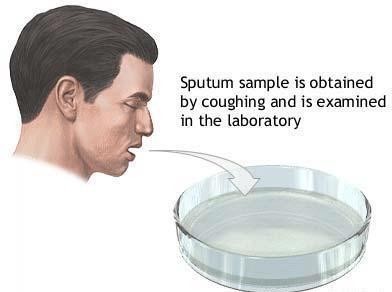The nurse manager decides to report a staff nurse to the Peer Review Committee (PRC). Which activity merits this action?
Administered two medications to the same client at the wrong time.
Documented data in the clinical record before assessing client's condition.
Served a diet tray to a client who was NPO for a scheduled procedure.
Changed work assignments without prior approval from charge nurse.
The Correct Answer is B
Choice A Reason: This is not the best action because it is a medication error that can be corrected and prevented by following the rights of medication administration. The nurse manager should counsel the staff nurse and provide education on safe medication practices.
Choice B Reason: This is the best action because it is a serious breach of professional ethics and standards. The nurse manager should report the staff nurse to the PRC for falsifying documentation and compromising client care.
Choice C Reason: This is not the best action because it is a mistake that can be rectified by removing the diet tray and notifying the healthcare provider. The nurse manager should reprimand the staff nurse and review the policy on NPO status.
Choice D Reason: This is not the best action because it is a minor issue that can be resolved by communicating with the charge nurse and other staff members. The nurse manager should remind the staff nurse of the importance of teamwork and collaboration.
Nursing Test Bank
Naxlex Comprehensive Predictor Exams
Related Questions
Correct Answer is D
Explanation
Choice A reason: Demonstrating the proper use of personal protective equipment is important, but not the first action. The charge nurse should first assess the UAP's level of understanding and address any misconceptions or fears about HIV transmission.
Choice B reason: Offering to assist the UAP with the collection of the specimen may be helpful, but not the first action. The charge nurse should first educate the UAP about HIV transmission and infection control measures, and then evaluate the UAP's competence and confidence in performing the task.
Choice C reason: Providing the UAP with the infection control policy is relevant, but not the first action. The charge nurse should first explain the rationale and principles of infection control to the UAP, and then refer to the policy as a guideline and resource.
Choice D reason: Determining the UAP's knowledge about HIV transmission is the first and most appropriate action for the charge nurse to take, as it will help identify any gaps or misinformation that may cause fear or anxiety in the UAP. The charge nurse should then provide accurate and evidence-based information about HIV transmission, prevention, and treatment, and answer any questions or concerns that the UAP may have.

Correct Answer is D
Explanation
Choice A Reason: This is not the best action because it does not address the conflict between the client and the healthcare provider. The nurse should advocate for the client's wishes and seek a resolution that respects them.
Choice B Reason: This is not an appropriate action because it disregards the client's request and may give false hope. The nurse should respect the client's autonomy and dignity.
Choice C Reason: This is not a sufficient action because it does not ensure that the healthcare provider will comply with the client's request. The nurse should also involve other resources to help resolve the ethical dilemma.
Choice D Reason: This is the best action because it involves an impartial group of experts who can help mediate the situation and protect the client's rights. The nurse should seek ethical consultation when there is a disagreement about end-of-life decisions.
Whether you are a student looking to ace your exams or a practicing nurse seeking to enhance your expertise , our nursing education contents will empower you with the confidence and competence to make a difference in the lives of patients and become a respected leader in the healthcare field.
Visit Naxlex, invest in your future and unlock endless possibilities with our unparalleled nursing education contents today
Report Wrong Answer on the Current Question
Do you disagree with the answer? If yes, what is your expected answer? Explain.
Kindly be descriptive with the issue you are facing.
